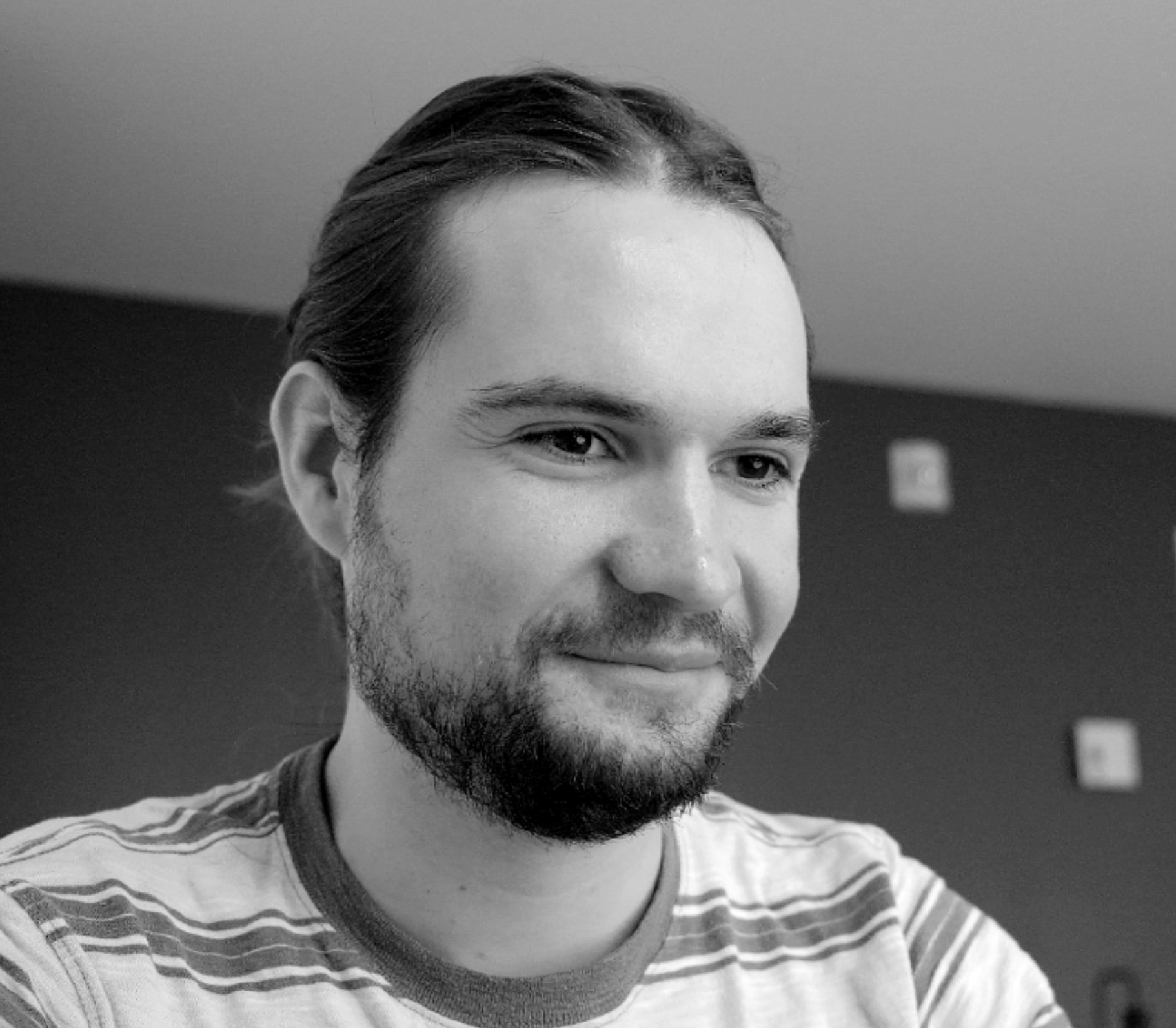How has Taro helped you in your career?
For people not in US looks harder to engage with this community. So I wonder how taro has helped you in your journey?
Discussion
(5 comments)- 10
 2 years agoDevonSWE @ Govt
2 years agoDevonSWE @ GovtTaro’s biggest value proposition is being able to engage with a super active and passionate community.
There are certain topics that may not apply outside of the US and at times it’s tricky to balance live events but still being able to just ask any question you want to know on here or in the slack is hugelyyy beneficial.
There’s a popular book called Outliers by Malcom Gladwell, which goes over the situations and events that led to hugely successful outliers becoming who they are.
It can be kind of depressing in a way but you can reverse engineer the stories of success to influence your own life.
And a HUGE factor of that is their network/location & social circle.
I’ve only lived in a small town in England and a small city/towns in Australia (until recently) and the lack of opportunity in these places is hugely impactful on each individual.
Not too long ago the concept of asking a Googler if they could check out my portfolio and that they’d say sure, would be completely unfeasible and not realistic.
Taro (and adplist.org) can enable that, taro more so as it’s a deeper social connection that’s established as opposed to a specific mentor-mentee relationship.
- 7
 2 years agoKuan PengSenior SWE, Manager at Google
2 years agoKuan PengSenior SWE, Manager at GoogleI'm in the US (Seattle) and already work for a big tech company. Yet I'm still here! Here's my "insider" perspective on why I find Taro helpful.
1: Safe place to validate your experience.
I had major gripes with my role / manager at the time I joined Taro. I had an inkling that they were legitimate complaints, but it was hard to validate this within my existing network; so Taro was a helpful place where I could validate my experience with a degree of safety away from the people I knew.
Difficult situations exist everywhere within tech. And on Taro, you can find the help you need, as long as you are brave enough to reach out. Which leads me to...
2: There is no playbook within big tech either.
Big tech might have "career" ladders and better career support, but the consolidated wisdom of those across the industry are extremely valuable.
For example, I once attended a learning session with other tech leads, to exchange tech leading best practices, where we were asked how many of us have observed a great tech lead in action. I was shocked to find out that I was the only one in the room to raise the hands, and that almost everyone else just said "isn't the tech lead just the most technical person in a team?" Later, I shared this clip and many of my fellow leads found it enlightening.
In short, the principles of having an outstanding career in tech is no different whether or not you are part of big tech: write great code, communicate effectively, and build great relationships. Great mentors and wisdom are in short supply, wherever you go in tech.
3: The best way to learn is to help someone else
This might be the biggest reason I've stuck around. By participating in those discussions, I am able to learn and consolidate my own thinking on these topics by helping others. This community allows you to chime in w/ your opinion with very low cost, and get immediate feedback. That's very helpful, if you aim to become a leader of some form - I've repeated some of the similar advice I've given on Taro to my reports, for example.
IMO, these three reasons are good rationales for anyone, whether or not they are in the US, to engage w/ Taro.
- 6
 2 years agoRyan KuckTeam Lead (people manager) at Mistplay
2 years agoRyan KuckTeam Lead (people manager) at MistplayI can’t say it better than Devon did, but living and working in Canada I had the same experience. I’m not working at a venture backed Bay Area startup up or in big tech or even the highest paying software job in Canada - yet I joined Taro in October 2022 and suddenly I had a call with an engineering manager and tech lead from Meta (Rahul) providing career advice and guidance to me as a new team lead on how to be in the top 1-10% of engineers.
I’ve been in an easier time zone for it but I’ve joined several live course over the past year and a half where I’ve met more top US engineers even without being there myself. Ultimately though the async courses Rahul and Alex built + async Q&A have helped me succeed as a team lead where I’ve grown from managing 3 to 8 people since 2022 by teaching the importance of empathy and trust etc in addition to how to be a high performing engineer.
Additionally Alex and Rahul create an environment where if you reach out with async with questions and comments they not only answer your question but give you the feeling that you’re important and that there’s a community supporting you whether you’ve been laid off, are striving for promotion, or are launching your own side project. None of that depends on where you’re located.
The way I look at it is if you’re a new FAANG engineer in the US (and like me you’re not a genius) you need Taro to survive, but you can absolutely crush it by being a top engineer or manager in a market that doesn’t even make that 100% mandatory.
- 62 years agoFlorentin Anggraini PurnamaMid-Level Software Engineer
Others have shared totally great points so I'm going to add something different. I live in a place where the tech scene culture is rampant with gatekeeping and the "role models" are almost always people who emphasize this habit even more, with them feeling justified to make fun of other people's efforts and "dumb" questions. This situation makes it incredibly hard to find like-minded people with non-traditional background to share and learn from, and that's when I came across Taro. In Taro, I feel very safe to ask any kind of questions without having to worry that I will be overly criticized and judged, and I feel that I can learn a lot from the sheer number of quality answers here. Taro attracts people who want to learn and share in compassionate ways, and that transcends any kind of timezone or geographical boundaries. This is very valuable for me, and makes it worth it for me to stay up late at night to meet up with other members (virtually) and join the various coffee chats.
- 3
 2 years agoScott GardnerSenior DevOps Engineer
2 years agoScott GardnerSenior DevOps EngineerFor context, I live in Australia.
You're not wrong, in that a lot of the events tend to be more aligned to the US timezones, but I don't think that's meaningfully stopped me from engaging with the community or prevented me from learning how to better my career.
Personally, when I joined Taro I was a mid-level engineer, and a very large part of my growth from where I was to where I am now is because of Taro. There's no real difference to most career advice whether it's for Sydney or the valley, outside of some very specific topics (e.g. tax, location specific careers/companies, etc).
Personally, I use Taro mostly for the community - it's good to have a place of likeminded people across all areas and skill levels in tech, especially given how unlikely it would be for me to ever get to pick e.g. a Principal Google engineer's brains. Add to that the courses that Taro has been launching recently (which admittedly I haven't had a chance to look into), and the video recordings, I think there's plenty more to Taro than anything location/timezone specific.
I think this is incredibly important to keep in mind because this applies to more than just Taro. As you increase in rank at most companies, you'll find yourself having to attend earlier and later meetings to coordinate with other people/teams outside your timezone, and a critical part of succeeding in those roles/environments is being able to do as much of that as you can asynchronously. This occurs even within the US - the time difference between EST and PST is 3 hours.